Let's talk about GHB/GBL
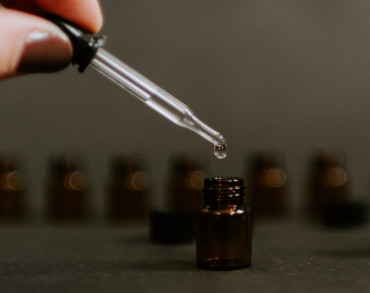

GHB (gamma hydroxybutyrate) is most commonly known in New Zealand as fantasy, although it has many other names.
GHB was originally synthesised for use as an anaesthetic, and GBL is a more potent version of it.
It usually comes as a clear liquid with a bitter aftertaste, but can also be a white powder or a bright blue liquid known as blue nitro. It’s usually swallowed as a liquid or mixed in a drink.
Stay safer by staying informed. Sign up to receive alerts and notifications about any dangerous drugs in NZ. Check out the alerts page to see what we've already found.
While it’s always safest to not take any illicit drugs at all, there are a number of things to be extra careful of when it comes to GHB.
It’s a central nervous system depressant, which means it slows the body down. It’s bad news for people with heart or breathing problems, epilepsy, sensitivity to other central nervous system depressants, or general poor health.
Mixing drugs is always risky because it’s hard to predict how they will interact. This is especially true for GHB and drugs with sedative effects (like benzos, opiates, alcohol or ketamine), and mixing them significantly increases the chance of an overdose.
Always go out with people you trust, and know how you’re getting home. It’s important that your friends know what you are using in case medical attention is urgently needed.
Be sure to check if it is GHB or GBL, and don’t mix the two. GBL is usually two to three times stronger, and the quality between batches can vary wildly. Always be cautious to avoid accidental overdose.
Don’t accept GHB/GBL or similar drugs from people you do not fully trust. You don’t want to be left alone if you’re too out of it or unconscious, and there’s a very real risk of rape or robbery.
GHB increases your sex drive and lowers inhibitions. Its effects can also cause short-term memory loss and can impact the ability to consent. Remember, having sex with someone too ‘out of it’ to say yes is sexual assault.
There’s also an overdose risk when people re-dose too soon after a previous dose. Noting the time each time you dose and setting an alarm on your phone may help with this.
As a standard dose of GHB/GBL is very small, there’s a high risk of overdose. It’s important to recognise the signs and be ready to call 111 in an emergency.
Signs of an overdose:
- Vomiting
- Loss of a gag reflex
- Loss of control over bodily movements
- Shaking, tremors, or seizures
- Loss of consciousness and unresponsiveness
- Absence of pain response
- Rapid side-to-side eye movement
- Profuse sweating
- Lowered body temperature
- Inability to be woken up
- Breathing that has slowed below 15-20 breaths per minute (respiratory depression)
- Snoring is often a sign of serious respiratory distress – get help immediately
If you or someone you love has overdosed on GHB/GBL, get immediate medical attention to make sure airways remain clear and that vital signs remain stable. Many people who end up in the emergency room for GHB/GBL overdose will be intubated to protect their airway and to prevent any issues from vomiting. You can find out more about GHB and how to be safer through the NZ Drug Foundation.
If you have any concerns about your own drinking or drug taking, get in touch with the Alcohol Drug Helpline. Call 0800 787 797, or text 8681, to speak with a trained counsellor – they’ll be able to provide you with helpful information, insight and support. They’re available 24/7, all calls are free and confidential.
Latest Articles
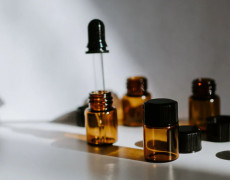
15 Apr 2024
Thinking of using GBL/GHB?
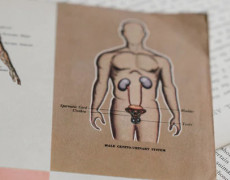
12 Apr 2024
Ketamine and bladder damage – know the risks
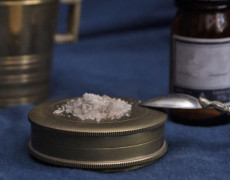
8 Mar 2024
Synthetic cathinones explained
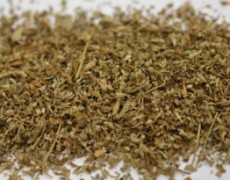
22 Feb 2024
What’s happening with synthetic cannabinoids?
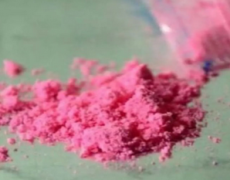
31 Jan 2024
What is tuci?
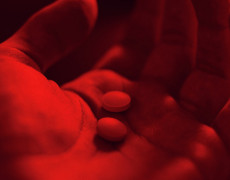
19 Jan 2024
Answering some common questions about MDMA

10 Jan 2024
Understanding the risks of the comedown

5 Jan 2024
Looking after your mental health
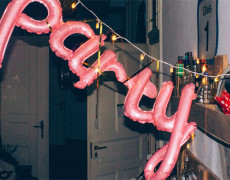
15 Dec 2023
Tips for a safer night out
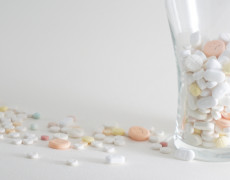
12 Dec 2023
To mix it is to risk it
